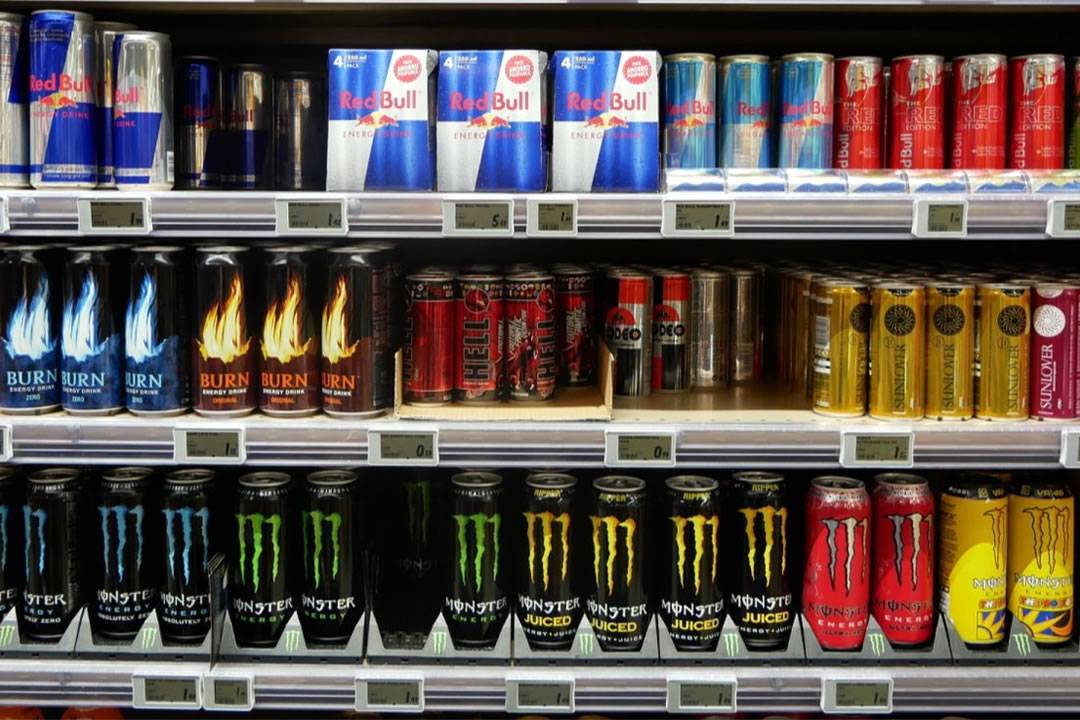Canary Islands Government raises IGIC on sugary drinks again to curb consumption
- 03-02-2025
- Business
- Gobierno de Canarias
- Photo Credit: Stock Image
As part of the 2025 General Budget of the Canary Islands, several changes have been made to IGIC, with adjustments in tax rates depending on the product or service. One of the key measures implemented from 1st January 2025 is the increase in taxation on energy and sugary drinks, aiming to discourage their consumption due to health concerns.
The tax rate on energy and sugary drinks has risen from 5% to 7%, while sugar-free or sweetened soft drinks remain at 5%. This follows a pattern of steady increases in recent years; in 2023, these drinks were taxed at 3%, increasing to 5% in 2024, and now reaching 7% for energy drinks in 2025.
Health and Environmental Measures
The Canary Islands Government has defended the tax hike, insisting that the primary goal is public health, not increased revenue. The aim is to deter the consumption of sugary and caffeinated beverages, which are linked to health problems and increased healthcare costs.
At the same time, environmental concerns have led to a new tax measure on wet and dry wipes, which now fall under the general tax rate of 7%, instead of the previous reduced rate of 3%.
Additionally, home-delivered prepared meals and drinks, typically provided in single-use packaging, are now taxed at 7%.
Lower Taxes on Sport and Safety Equipment
To promote healthier lifestyles, the IGIC on sports and physical education services, including Pilates and yoga, has been reduced from 7% to 3%, making fitness activities more affordable.
Furthermore, the government has lowered IGIC on certain safety equipment to 3%, including fireproof clothing, protective gear, suspension belts, life jackets, helmets, and other professional safety equipment.
Changes in Basic Goods and Flour Taxation
The budget also introduces technical modifications to the taxation of staple goods. Flours suitable for human consumption now qualify for the 0% tax rate, whereas previously, only bread-making flours were exempt.
Similarly, gofio (a traditional Canary Islands toasted flour made from maize, wheat, or mixed cereals) now falls under the 0% tax rate. Lactose-free milk has also been moved to this category.
Economic Impact of the Beverage Industry
Despite the health-based rationale for the tax hikes, the soft drink and energy drink sector remains a significant contributor to the Canarian economy. The industry generated 7,072 jobs in the region in 2024 and contributed €488 million in Gross Value Added (GVA).
However, the rising IGIC on soft drinks has significantly increased government revenue, with tax collection from energy and sugary drinks jumping from €4 million annually before 2023 to much higher figures following successive tax increases.
Balancing Health, Economy, and Public Opinion
While the tax changes aim to curb unhealthy consumption habits, they also raise concerns about their impact on businesses and employment within the sector.
As the debate over taxation and public health continues, the Canary Islands government remains firm in its stance that discouraging sugar and caffeine intake will ultimately benefit both public health and long-term healthcare costs.



























































